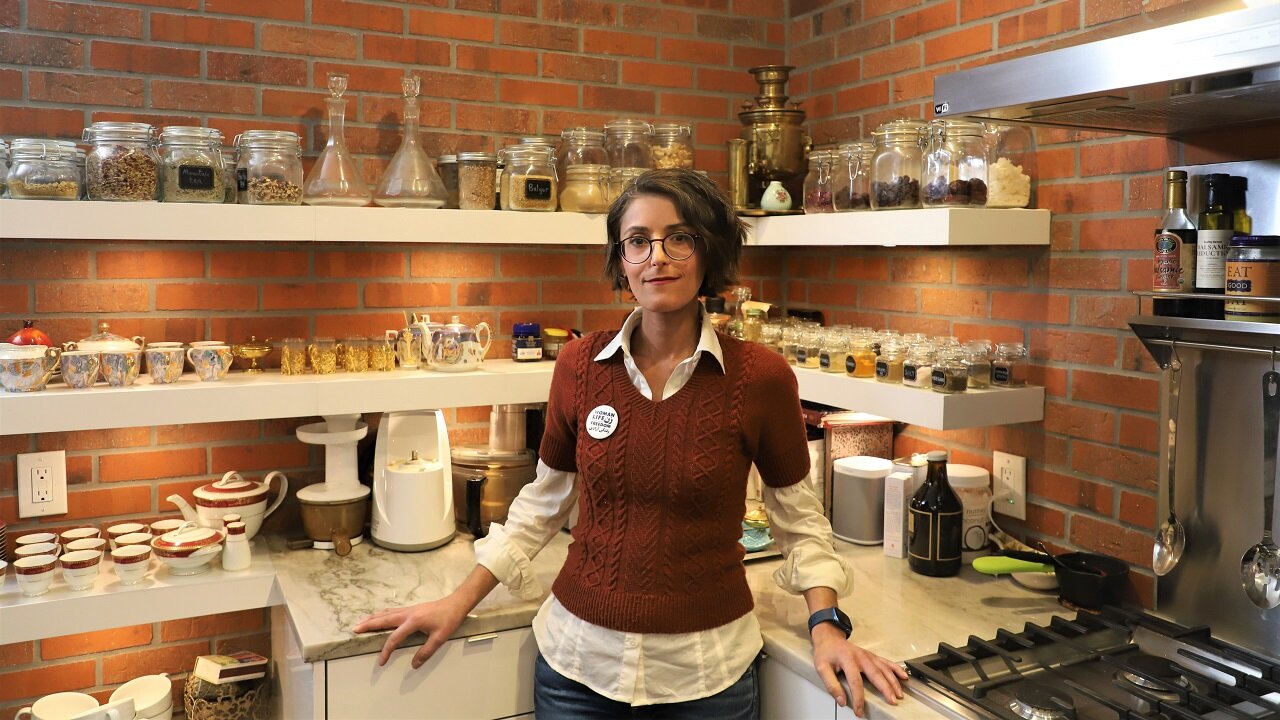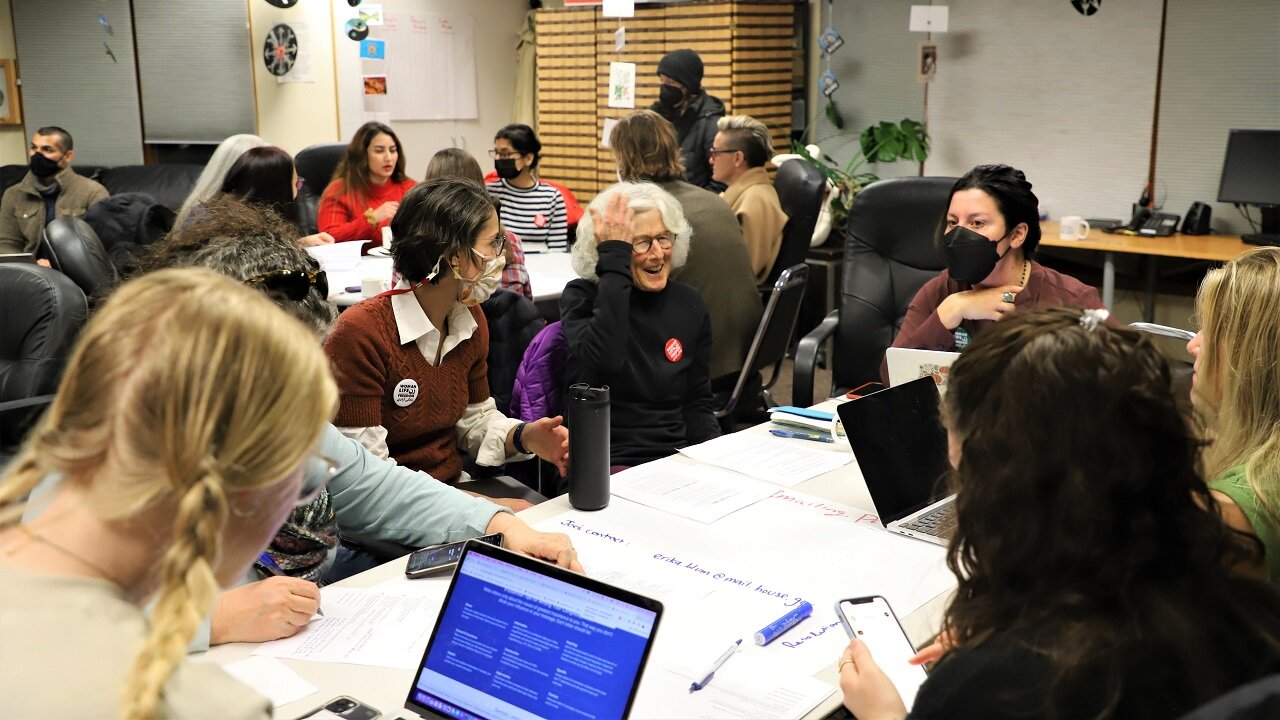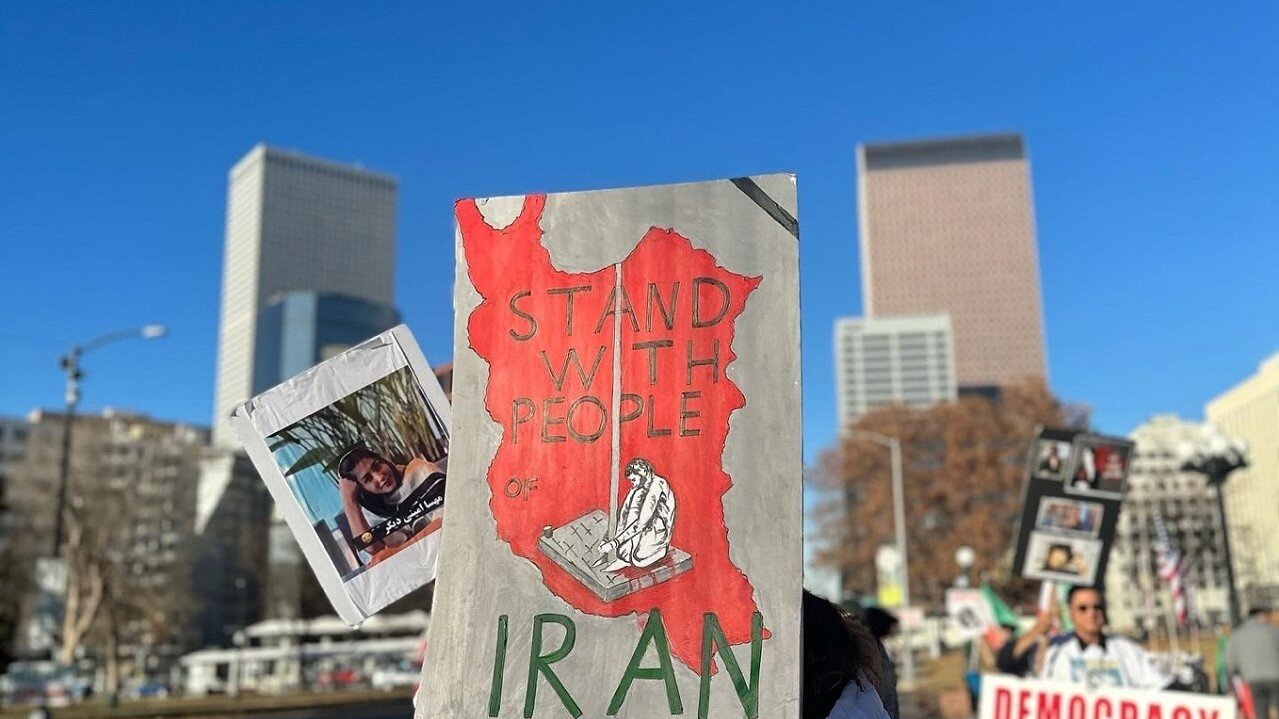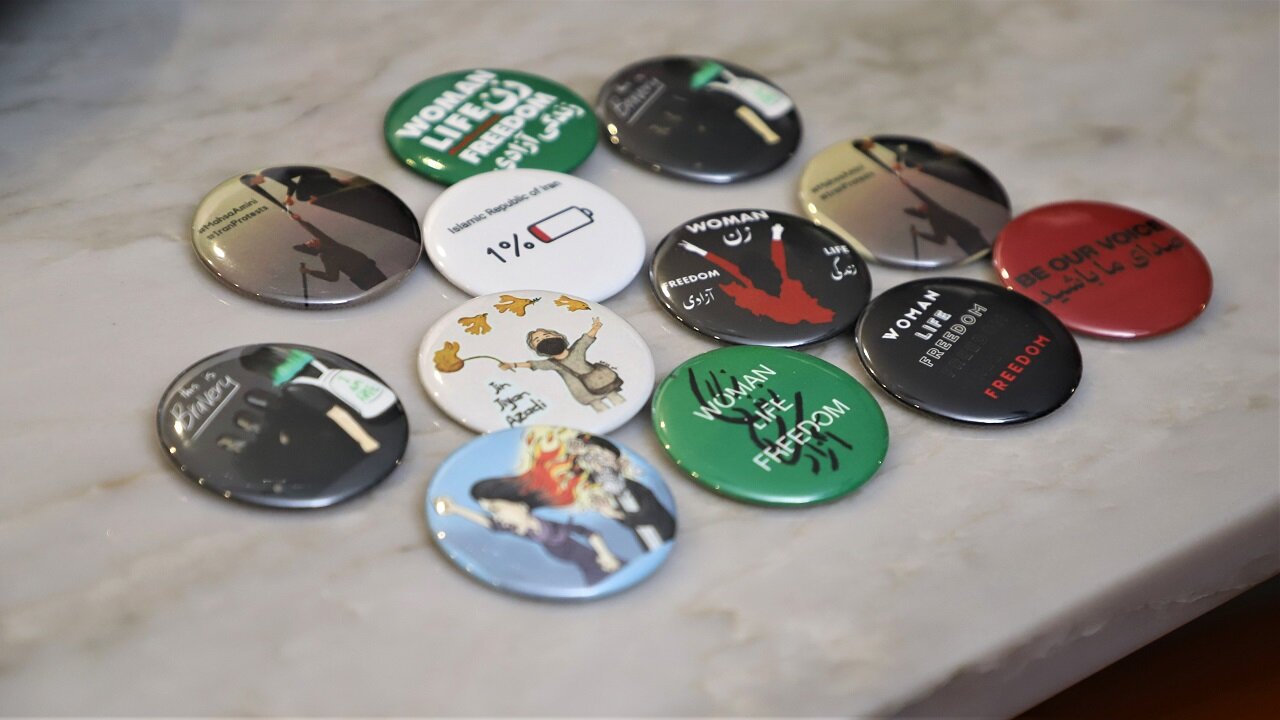Symbolic gestures matter: Iranian Coloradans ask for support

BOULDER, Colo. — Friday nights never quite look the same throughout our lives. Maybe the Fridays once spent out with friends has turned into movie nights with kids, catching up on chores or spending some much-needed alone time. For Shideh Dashti, Friday nights now include working tirelessly to support an Iranian revolution.
Dashti is an associate professor and acting associate dean for research of geotechnical engineering and geomechanics at University of Colorado, Boulder. She also is an Iranian-American born in Tehran and has lived in the United States more than half her life.
“I will always be divided between the two countries,” she said.
Dashti moved to the United States with her mother just before senior year of high school. Starting in Chicago, she has lived all around the country including Pennsylvania, upstate New York, Northern California and now Boulder for the last dozen years. She earned a bachelor’s, master’s and Ph.D. in civil engineering along the way.
Outside of teaching, Dashti now helps lead of a group of Iranian-American activists in Colorado who are asking for support, solidarity and awareness to help advance movement for a free and democratic Iran. In one way, she believes this means talking to our government representatives.
“We can ask them to hold some of the key members of the Revolutionary Guard accountable for their crimes in the international court of law,” said Dashti.

On Friday night, Dec. 16, Dashti and a group of about 25 people strategized ways to get their message out. From talking to local city council members in Boulder, to reaching out to the federal Colorado lawmakers, to support Iran and sign a concurrent resolution to commend the “bravery, courage, and resolve of the women and men of Iran in more than 80 cities...”
“I think symbolic gestures really matter,” said Dashti.

Most recently, the United Nations voted to remove Iran from a key UN women’s rights group just months after it joined. The members of the UN Economic and Social Council voted Dec. 14 on a resolution proposed by the United States to “remove with immediate effect the Islamic Republic of Iran from the Commission on the Status of Women for the remainder of its 2022-2026 term.”
[Related: Iran expelled from UN commission on women]
According to CNN, the US Ambassador to the UN Linda Thomas-Greenfield addressed the council Wednesday saying that “women and activists have appealed to us, the United Nations, for support.”
This movement in Iran started in September after the death of 22-year-old Mahsa Amini in Tehran. She was detained by a police unit known as the “morality police” which enforces the country’s strict dress codes which includes wearing a headscarf or hijab. Amini’s brother told IranWire that the police said she was taken for “re-education.” The police then said she suffered a heart attack and fell into a coma, then later died.
[Related: Woman, 22, dies after falling into coma while in custody of Iran’s morality police]
Amini’s family along with thousands of Iranians didn’t buy that explanation. Since her death, thousands have protested throughout Iran and beyond. Protests include women burning their headscarves, cutting off their hair, rallying in the street and more. Many Iranians see this as a revolution against the Islamic Republic. According to the Human Rights News Agency, hundreds of people have died while protesting the government and thousands more have been arrested. Still the protests continue.

Those chants In Iran echo in the streets of Denver and have been nearly every Saturday for months. “Women, life, freedom” are among some of the most popular chants you’ll hear at these small but mighty rallies. Another important element Dashti believes can really make a difference for each other.
“The Iranian American friends and colleagues that I have, you know, we just feed each other with energy. And I think any act of solidarity with our American friends, that really energizes us. It helps us,” Dashti explained.
Iran has seen many revolutions and times of protest in the years since the 1979 Islamic revolution. For one reason or another, all those movements were squashed. For Dashti, she believes this time it’s different.
“Women were always involved, but this one is led by women. It's a national level revolutionary movement that's not going after reform. Reform is over –we’ve tried that. This regime is not reformable, the whole country is going straight to regime change,” said Dashti.
On top of the hijab law to require all girls and women above 5 or 6 years old to fully cover their hair regardless of religion, women are also relegated to the back of busses, must ask permission from their husband to leave the country on top of other restrictive laws based on gender. Still Dashti, considers Iran a land of controversies.
“There are incredible things that are happening in the same country where there are very strong, powerful, highly educated women,” she said which adds to the pain and hurt she feels for family and friends who are still there.
“We are watching the news and, you know, our families they're in the streets and … especially the teenagers are really in danger. A lot of the teenagers and middle schoolers, high schoolers are in the streets and their lives are threatened every day,” explained Dashti.

She said another way to support Iranian-Americans is simply to ask how they are doing and ow their family is doing in Iran. Dashti said her family is safe for now and many are actively protesting in the streets. Unable to give more specifics than that due to safety of her family, she checks in with them as much as possible.
As a professor at CU, Dashti said many students either from Iran or of Iranian descent sought her and other Iranian professors out when the protests first broke out. Since American news hasn’t robustly covered the protests in Iran, she said that added to trauma for those living here.
“We had students crying in our offices. And it's just … it’s still a really intense situation,” said Dashti.
So, she gathered with other faculty members at CU to organize an event for those on campus impacted by events in Iran. The purpose for the initial event was to provide a safe space to talk and share information.
“We reserved a space for 50 people, but there were 100 people who filled the room. We heard up to three or 400 people outside who could not get in,” Dashti explained.
For the next event, they planned for more people and focused on providing information and ways people can help. The Boulder mayor, a couple of city council members and Colorado Governor Jared Polis attended this event showing their support for a democratic Iran. Governor Polis also declared December as "Woman, Life, Freedom month" for the state as well as Yalda season, a celebration in Iran and other countries for the winter solstice which occurs on Dec. 21 each year.
Dashti said support for the revolution in Iran can be simple, like just wearing a pin, amplifying the voices of Iranians on social media or simply keeping informed.
“I don't think anything is as important as these symbolic gestures and person to person interactions that really energizes because we need to do the work. You know, the Iranians are not really asking other others to do much,” Dashti explained.
When she talks about Iran, a smile grows and reaches her eyes. She has a deep love for her country despite the current regime. She hopes someday people can truly see the contributions Iran has to give to the world like science, art and poetry. Mostly, she hopes for the day when she can return to Iran when it is free from the Islamic Republic.
“I dream of a day when I would get out of the plane in Tehran without my hijab on, and just dance and sing with my cousins freely without being scared of getting arrested. Just dance,” she said holding back tears, “And enjoy its beauty.”
Amanda Horvath is the managing producer at Rocky Mountain PBS. You can reach her at amandahorvath@rmpbs.org
Julio Sandoval is a multimedia journalist with Rocky Mountain PBS. You can reach him at juliosandoval@rmpbs.org.
